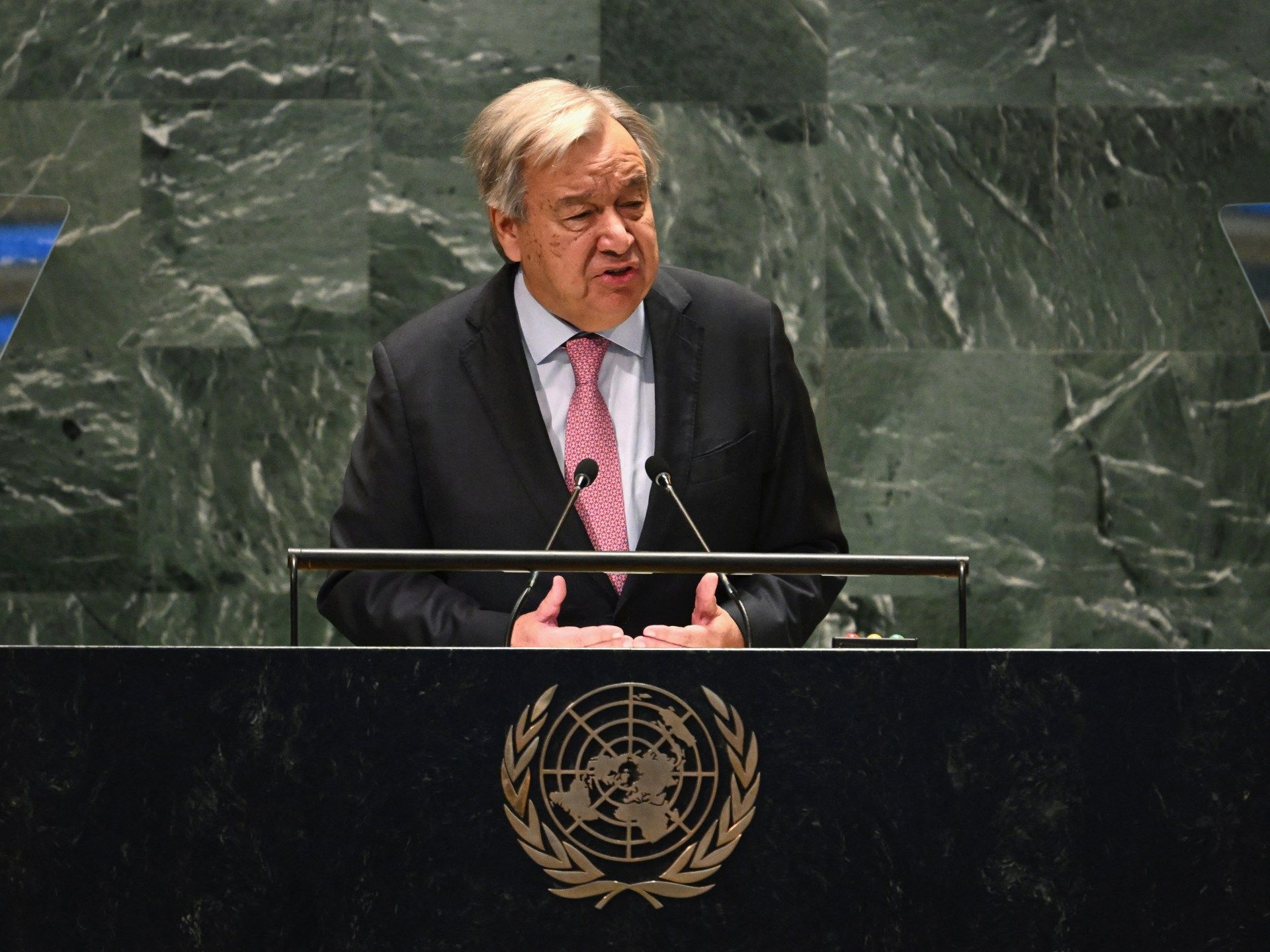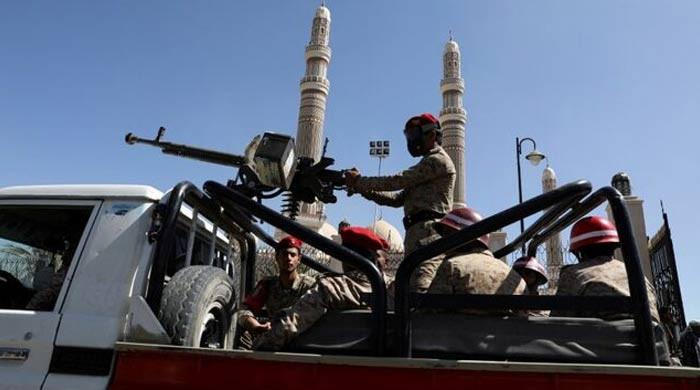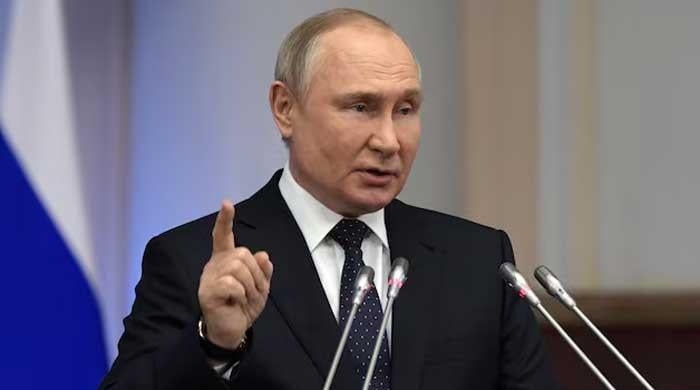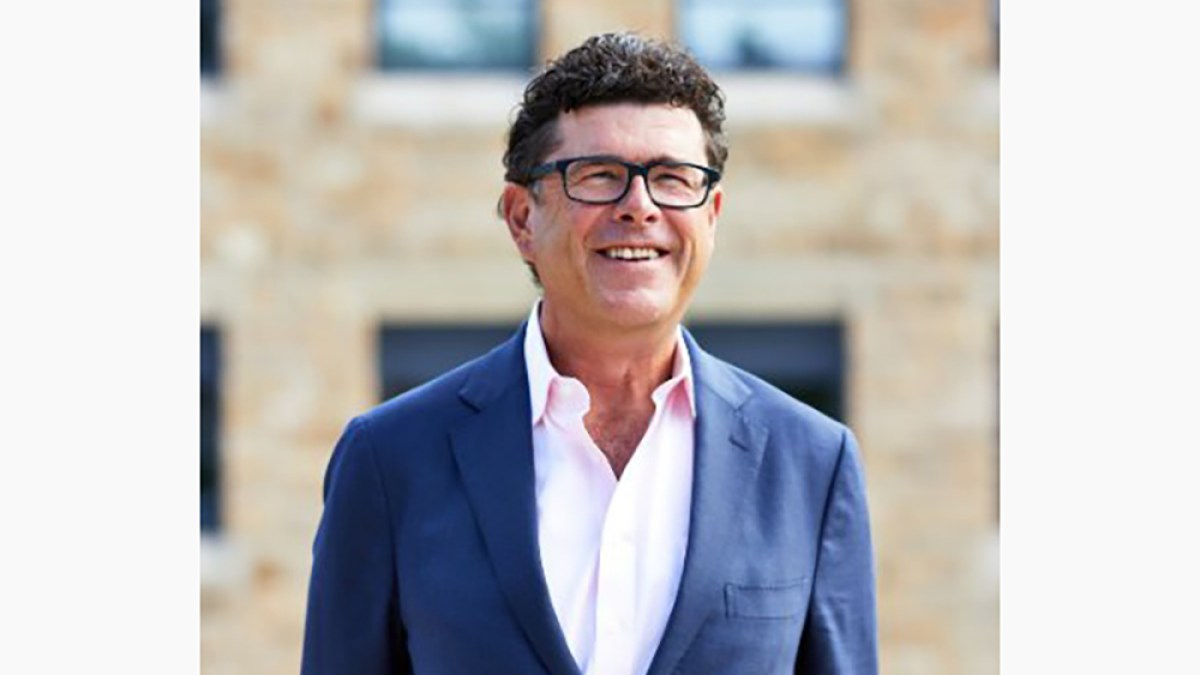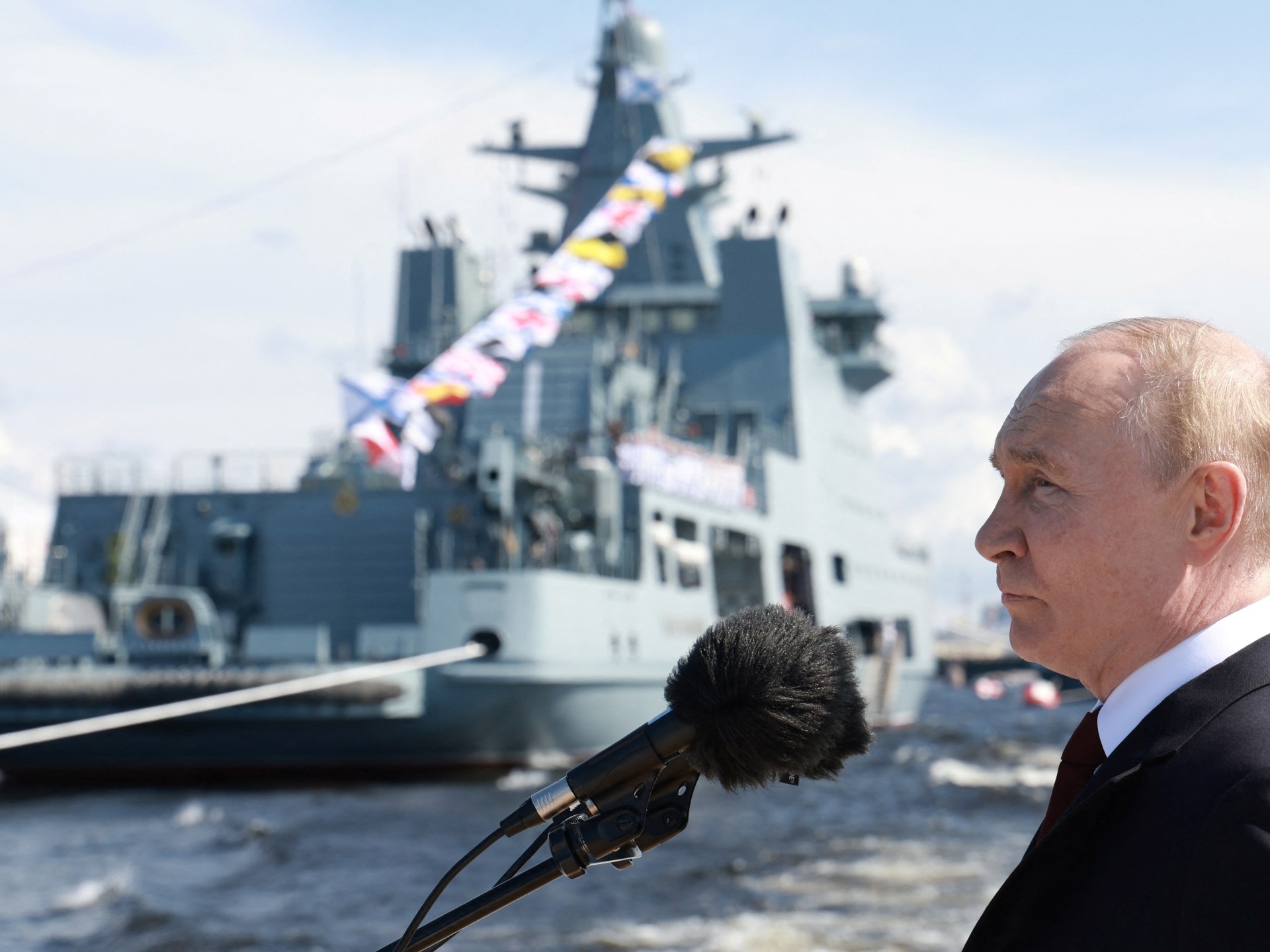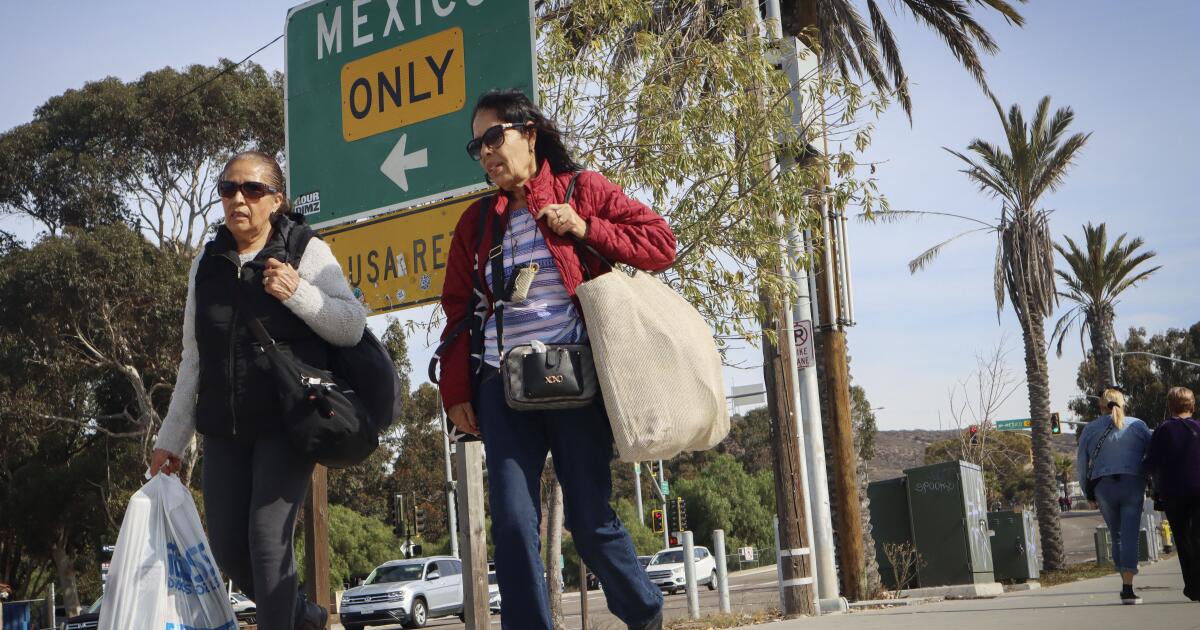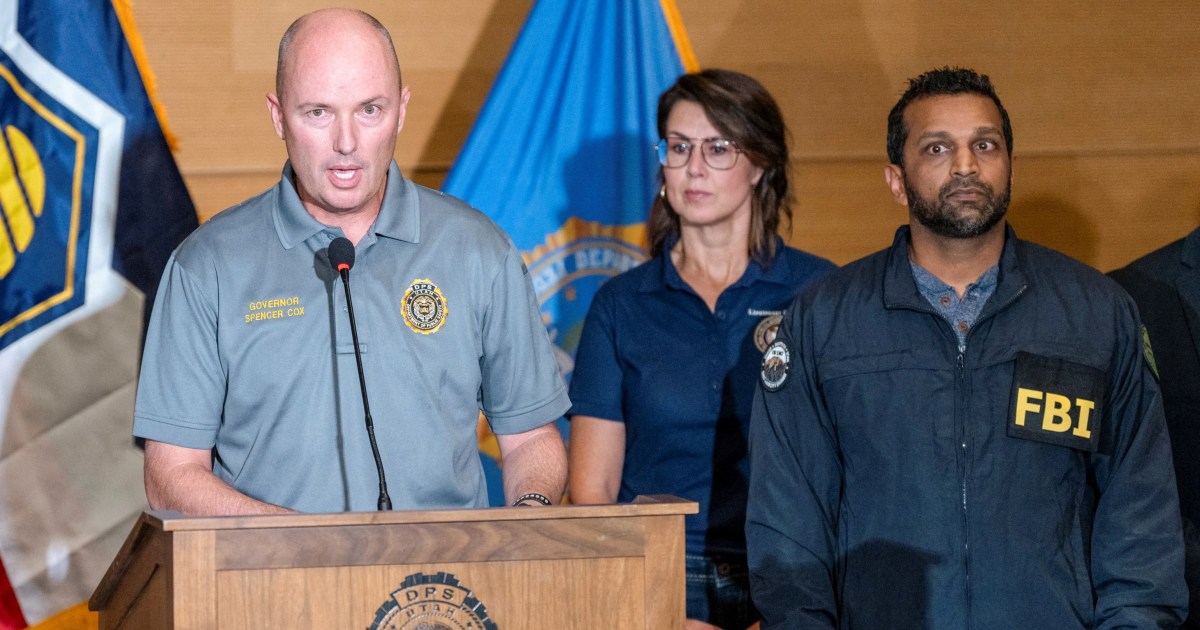UN member countries adopt a plan for the future to address wars, environmental threats and technological challenges facing humanity.
The United Nations General Assembly has adopted a “Compact for the Future,” which UN Secretary-General Antonio Guterres described as a historic agreement that represents a “radical shift towards a more effective, inclusive and networked multilateralism.”
The pact, which also includes an annex on how to work towards a responsible and sustainable digital future, was adopted without a vote on Sunday at the start of a two-day Future Summit.
The agreement was reached after some nine months of negotiations. “We are here to rescue multilateralism from the brink,” Guterres said at the summit.
As the opening of the UN General Assembly's annual high-level week, which begins on Tuesday, dozens of heads of state and government gathered for the adoption of the pact.
The leaders pledged to strengthen the multilateral system to “keep pace with a changing world” and “protect the needs and interests of current and future generations” in the face of a “persistent crisis.”
“We believe that there is a path to a brighter future for all humanity,” the pact document states.
The UN chief has long been pushing for the pact, which covers issues such as peace and security, global governance, sustainable development, climate change, digital cooperation, human rights, gender, youth and future generations. The pact sets out some 56 general measures that countries have committed to implement.
However, the adoption of the pact was briefly delayed when Russian Deputy Foreign Minister Sergei Vershinin introduced an amendment emphasizing the “principle of non-interference in the internal affairs of states.”
Russia's objections were backed by its allies Belarus, North Korea, Iran, Nicaragua and Syria, but its amendment was overwhelmingly rejected in a no-action motion.
“It was a bit irritating that Russia finally tried once again to stop the whole process,” said German Chancellor Olaf Scholz, a co-author of the text.
Despite criticism of the pact, it remains “an opportunity to affirm our collective commitment to multilateralism, even in the current difficult geopolitical context,” one diplomat told AFP news agency, stressing the need to rebuild trust between the global South and North.
“This pact gives us hope and inspiration for a better future,” said Sierra Leone President Julius Maada Bio, who has been a keen advocate for the Global South at the UN through his country's membership on the Security Council.
Developing countries have been particularly vocal in calling for concrete commitments on the reform of international financial institutions, with the aim of ensuring easier access to preferential financing, especially considering the impacts of climate change.
“This [existing] “This approach to governance reinforces the notion that it is acceptable to have first- and second-class citizens,” said Barbados Prime Minister Mia Mottley.
The pact and its annexes (a Global Digital Compact and a Declaration on Future Generations) are non-binding, which has raised concerns about its implementation, especially since some principles, such as the protection of civilians in conflict, are violated on a daily basis.

